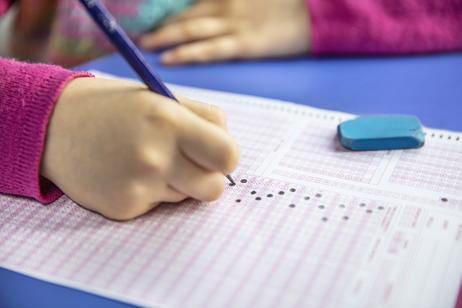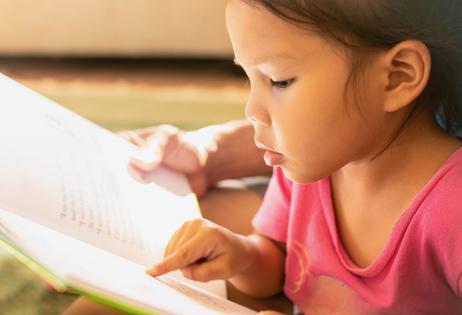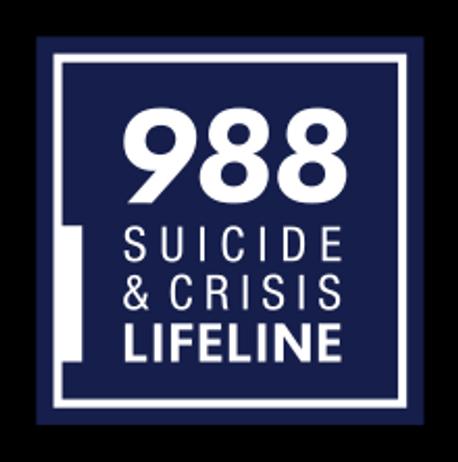Standardized tests are a common way to assess student performance and academic achievement in K-12 schools. Schools use several types of standardized tests to evaluate different aspects of student learning.
Here are some key aspects that standardized tests evaluate:
Content Knowledge
Standardized tests assess students' , including key concepts, facts, and vocabulary. They aim to measure how well students have grasped the content taught at their grade level or across multiple years.
Application of Skills
These tests evaluate students' ability to apply their knowledge to solve problems and analyze information. They assess critical thinking, reasoning, and problem-solving skills essential for academic success.
Reading Comprehension
Standardized tests often include passages or questions about reading comprehension. They measure students' ability to understand and interpret written texts, including identifying main ideas, making inferences, and evaluating arguments.
Writing Skills
Some standardized tests include writing components, where students must express their ideas coherently, use appropriate grammar and vocabulary, and organize their thoughts effectively. These sections evaluate students' written communication skills.
Quantitative Reasoning
Mathematics is a fundamental subject assessed in standardized tests. They gauge students' understanding of mathematical concepts, procedures, and problem-solving abilities. The , such as arithmetic, algebra, geometry, statistics, and data analysis.
Scientific Inquiry
Tests in science subjects assess students' understanding of scientific concepts and ability to apply scientific inquiry methods. They evaluate skills like observation, experimentation, data analysis, and drawing conclusions based on evidence.
Test-Taking Skills
Standardized tests also






















